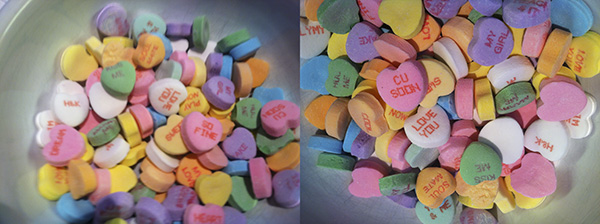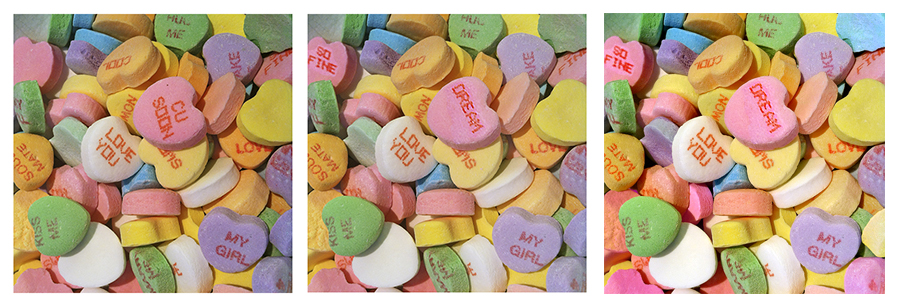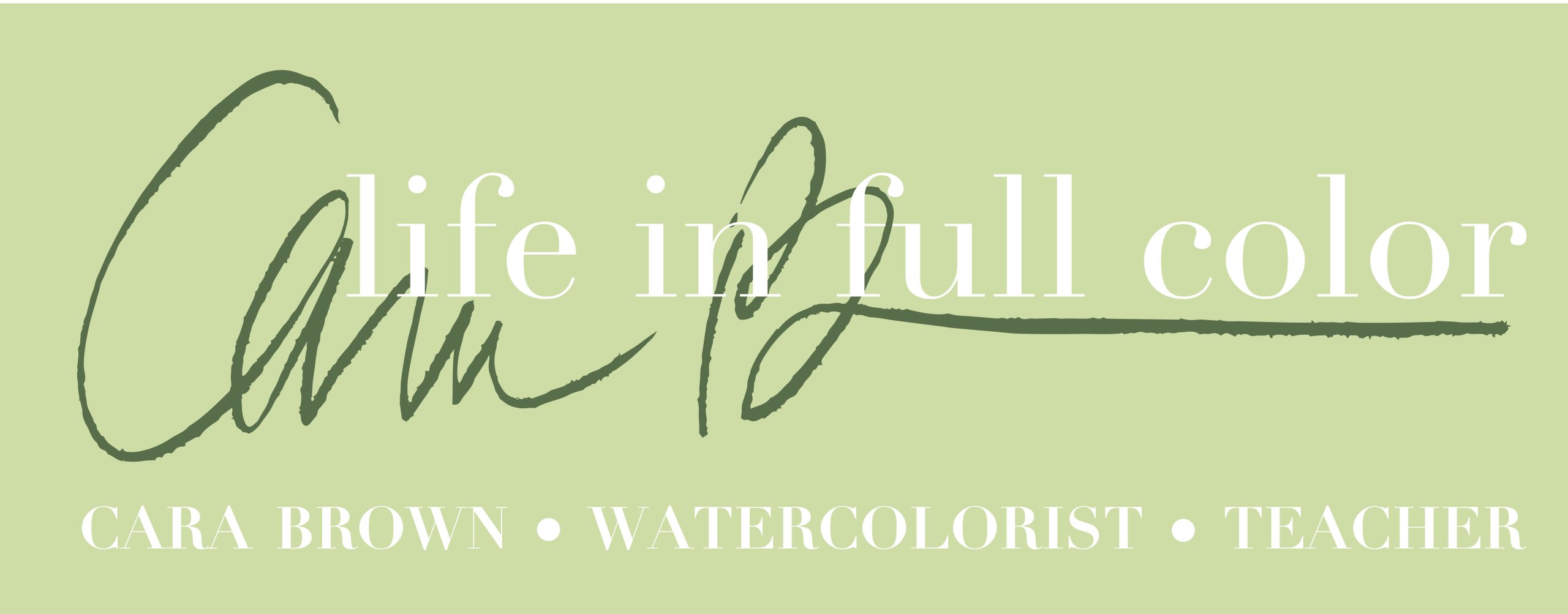Just about done. I need to tweak some of the lettering here and there. I’m calling it simply “Dream”
The very first time I painted in watercolor, I painted from life. It was a blue Dutch iris in that first Saturday class, I took with my mom. From there, I painted a few more quarter sheet paintings of flowers, also from life. My mom quickly shifted to working from photographs, and I remember saying, that I couldn’t really see what I was painting, unless it was sitting in front of me. A few years after this, I made the shift – and for something like 16 or 17 years now, I’ve painted only from photographs, and have come to appreciate photography, as an integral part of my process.
It is often said in the art and art instruction world, that working from photographs is bad or inferior. Here’s a post that describes the problems with working from photos, encouraging us to work from life. Using reference photos isn’t perfect. There are often ambiguities in a photo, that are no longer resolvable, because the subject isn’t in front of us when we are painting. There are weird or at least curious shapes that don’t “make sense” – and since the complete conversion to digital cameras, I am frustrated by too much contrast and “blown out” highlights – where light areas are just big splashes of white, losing the subtlety. Regardless, I’m nowhere without photos.
Looking through all my paintings, I can see almost none of them would have been possible without a camera capturing the image for me, to paint at another time and in another place. I’m not drawn to paint in the vein of classical still lifes and plein air landscapes. My images come from impractical painting places, like in a fancy food shop in Paris or up a ladder inside a fruit tree, or crouched to catch the last bits of evening light, in my brother’s backyard micro-vineyard. And they come from subjects whose time has passed, like two of our dogs, who I painted after they were no longer living. Then there’s the problem of time. I capture light as it is in a fleeting moment – and I want to get a compelling composition. When it takes me on average a month to make a painting, there’s just no way to do what I do, without a photo to work from.
Even more, I’ve come to see photography and “playing” with my images in the computer, as an integral part of my creative process. It’s actually the more fun part! I’ve been asked about whether I get into a flow state when I’m painting. Maybe some artists do, but for me this part is real work. It requires me to focus intensely and I’m almost always accompanied by that critical voice. Towards the end of a painting, when I’m glazing over with a big wet brush to shift color or temperature, the process can feel really loose and flow-y – but mostly it’s not. The more free part of my process, is when I’m out with my camera. I’m in a state of expectancy, open to whatever tells me to paint it. Then when I’m back at my computer, looking through what I’ve captured, I can happily spend hours and hours, cropping and making shifts to the color and light. I collage several images together sometimes too – to make a final image, that I can imagine happily spending a month or so zoomed into, as I bring it back to life on watercolor paper. I spend time with the projector, looking at these images expanded on the wall as the final step. Some images “work” when I see them big and some that I thought might, just don’t. The final decision comes, when I imagine it amongst those I’ve already painted. If it would live happily, holding its own amongst my work-so-far, I’ll paint it.
I’ve just about finished these candy hearts. The idea to paint them came to me a couple years ago. I went to Rite Aid and bought a few boxes of the candies, dumped them in a bowl and took a bunch of photos. I don’t know what it is about one image that makes it more pleasing than another, but some just stand out. Here are two of the photos as I took them, before cropping. I decided to play with the one on the right.

To accompany all of the other paintings I’ve done of sweets, I cropped it square (left image). Not so sure about “CU SOON” as the most prominent message, I took another photo that had a pink heart with “DREAM” on it. I lifted the lettering and replaced it (center image). Then the colors seemed out of balance. So, I made more of them pink, blue and yellow to make myself happy (right image).

Lastly, it took me a couple of years to actually get to painting it! I kept thinking about it too late to finish by Valentine’s Day – and this painting definitely has a season! Now that it is done in time this year, I find it light-hearted fun – the sentiments and all the pastel colors. Though it doesn’t grab me and feel somehow as “important” as my floral paintings of late do, I had a good time painting all the colors and shapes – and it and it will make a sweet card. But I hope sharing this with you, shows you that I followed my own process, to make these candy hearts into a painting. I used photography to compose – then I chose the image, the cropping/composition and the color, all based on the photos I took.
In a Tuesday group about two years ago, I heard myself say something to Robin, that I’ve repeated over and over since. As she was laboring over the details of her reference photograph, to reproduce it absolutely faithfully, I said “you are not a slave to this photo, it is your servant.” Our reference photos have preserved much of the information, that was there when we experienced our subject matter in real life – at least to the best of the camera’s ability. And they provide infinitely more information than – at least my – memory can. Using it, I’m able to re-create the shapes and shades and colors to make my painting. I’m very happy to be an artist at this point in time – with all the technical tools we have at our disposal, to bring through the art that is in us.
My purpose has become increasingly clear to me – I’m here to provide the environments, the instruction and the encouragement, to help you bring forth the art that is in you. To that end, I’ll use and provide anything to free you from the constraints that prevent you from making art that pleases you – even astonishes you. Besides this, it’s hard enough to do what we do – why not use these tools? Especially if we start to paint later in life, we just want to get to it – to play with color and subjects that light us up, without spending time – months or even years – making art as part of a prescribed curriculum. I’ve always wanted to paint what I’ve wanted to paint. And by doing so, I’ve learned to do what I do.
Freedom – mine and yours – is my priority. Fortunately, most of us live lives that allow us to choose it. But sometimes, we hear the voices of others – often including the words “should” or “shouldn’t” in our heads. And, as we are starting out, we may be inclined to have these voices lead us off our own path. I’m here to remind you that you are not a slave to any of it. Anything that comes your way as you learn to paint – instruction (including from me!), other’s processes, other’s art – is all there to serve you and your process. You and only you hold the vision of your art. You get to decide how it comes to be.
Here’s to your freedom!
Love,
Cara

